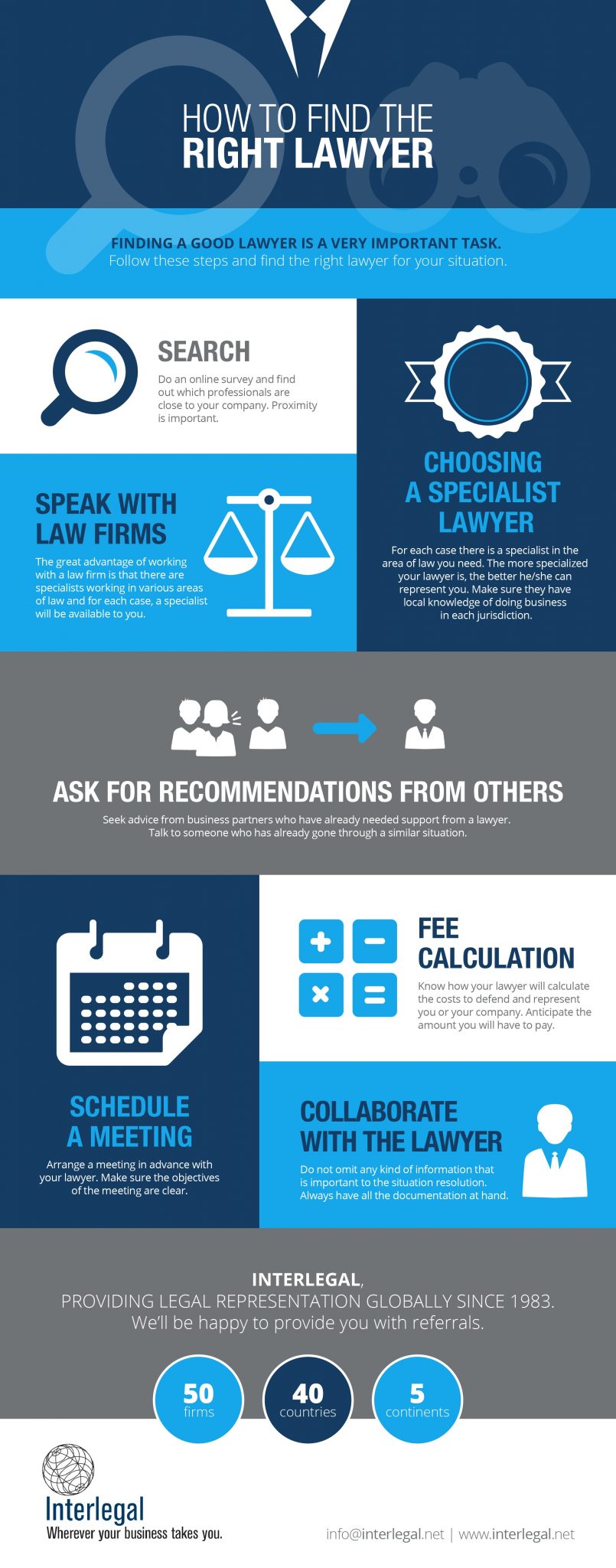The Cost Of Deception: A Financial Analysis Of White Collar Crime'S Effects
The Cost Of Deception: A Financial Analysis Of White Collar Crime'S Effects
Blog Article
Article Developed By-Offersen Bragg
Picture a beautiful yard, thoroughly nurtured over years, full of dynamic flowers and lush plant. Now, photo a throng of perilous pests quietly infiltrating this haven, gnawing away at the roots and petals, leaving a trail of destruction.
This allegory appropriately catches the price of white collar criminal offense, a stealthy threat that penetrates our economy with ravaging consequences. As you step into this discussion, prepare to discover the covert financial effect of clerical crime and the significant consequences that linger long after the wrongdoers have actually disappeared from the scene.
The Financial Toll of Clerical Criminal Offense
Clerical crime exacts a hefty financial toll on individuals, organizations, and the overall economic situation. It isn't simply a victimless criminal activity or a minor inconvenience. The repercussions are far-ranging and damaging.
When individuals succumb clerical criminal activity, they frequently shed their life savings, their homes, and their sense of security.
Services, on the other hand, experience large financial losses as a result of fraudulence, embezzlement, and other forms of clerical criminal activity. These criminal offenses lead to decreased revenues, damaged online reputations, and even bankruptcy sometimes.
Moreover, the economy all at once experiences as white collar criminal activity threatens rely on the monetary system, lowers consumer self-confidence, and hinders financial growth.
The monetary toll of clerical criminal activity can not be undervalued, and it's important that we take strong steps to stop and combat this sort of criminal task.
The Erosion of Count On Institutions
The disintegration of count on institutions is a consequence of white collar criminal offense that has significant ramifications for individuals and society. When white collar crimes are dedicated by people in positions of power and authority, it weakens the depend on that individuals have in those organizations.
This erosion of count on can have a number of unfavorable effects:
- ** Loss of faith in the justice system **: When individuals see those in effective placements escaping clerical criminal offenses, it can result in a loss of belief in the justice system. People might really feel that there's a lack of accountability for those who devote such criminal activities, which can wear down trust in the legal system.
- ** Decreased confidence in banks **: Clerical crimes frequently include economic scams and adjustment. When https://criminallawstudy22109.vblogetin.com/38909039/standards-for-preparing-yourself-for-your-first-appointment-with-a-defense-attorney or institutions are found guilty of such crimes, it can bring about a decline in confidence in financial institutions. This can have a negative impact on the economic situation as individuals might be hesitant to invest or trust these organizations with their money.
- ** Weakening of social material **: Count on institutions is a basic pillar of an operating society. When that trust is deteriorated, it can cause a weakening of the social material. Individuals may become much more negative and hesitant of establishments, which can cause a failure in social communication and cooperation.
Long-Term Economic Impact
Loss of count on institutions because of clerical criminal offense can have lasting financial effects.
When https://best-criminal-defense-att11098.techionblog.com/33221932/trick-steps-to-implement-upon-being-charged-with-a-criminal-offense and services lose faith in the honesty of organizations, they may come to be hesitant to invest or engage in economic activities. forgery lawyer of trust fund can cause a decline in customer spending, as people become more cautious with their cash.
In addition, services might be reluctant to form collaborations or participate in contracts, fearing that they'll be capitalized on by unscrupulous people.
The long-lasting financial consequences of this loss of trust can include slower financial development, reduced task production, and lowered market competitiveness. It's important for institutions to deal with white collar criminal activity and restore trust in order to secure the long-term economic health of a nation or region.
Verdict
Finally, the economic effect of white collar crime is incredible, with consequences that reach much past simply economic losses. It deteriorates the trust we place in our establishments, leaving a space that's tough to load.
Like a ruthless tornado, white collar crime leaves an enduring mark on our economic climate, leaving us to grapple with its aftermath for several years ahead.
